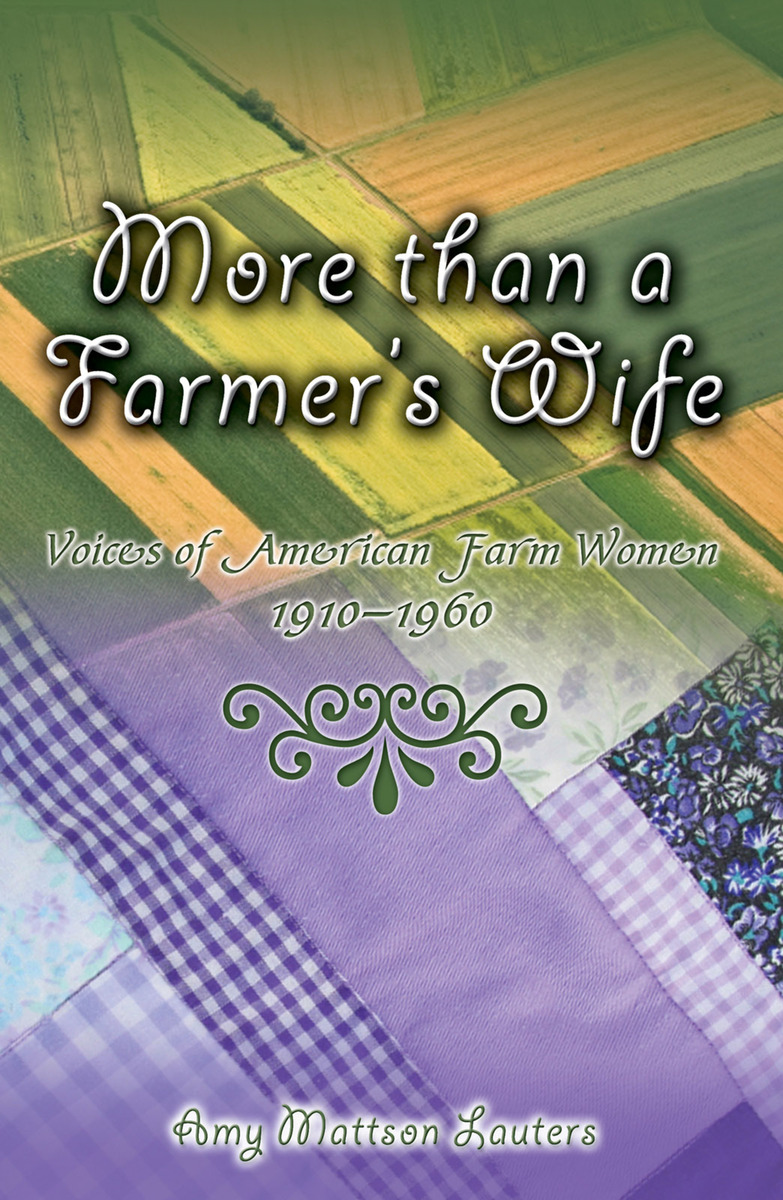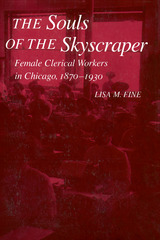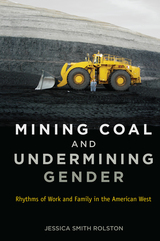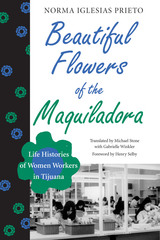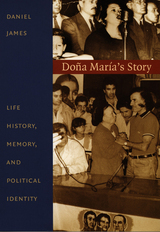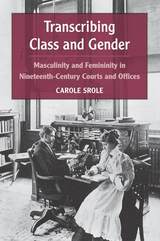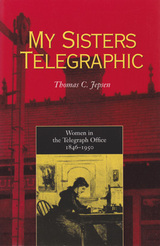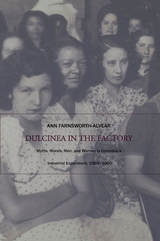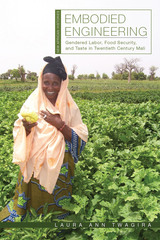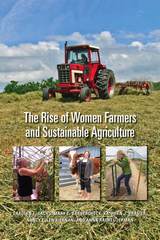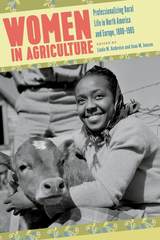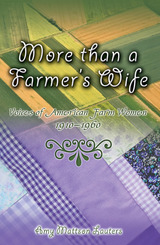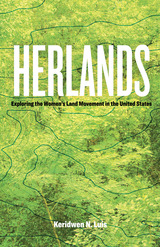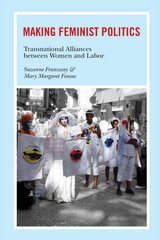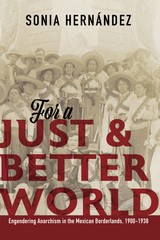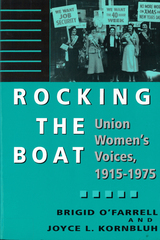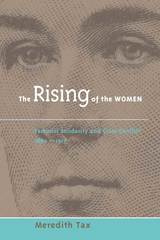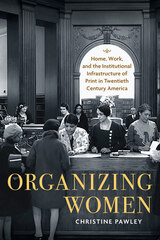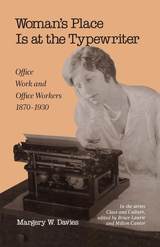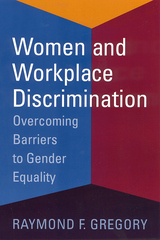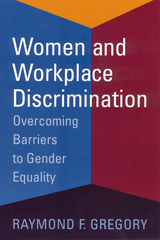More than a Farmer's Wife: Voices of American Farm Women, 1910-1960
University of Missouri Press, 2009
Cloth: 978-0-8262-1852-0 | eISBN: 978-0-8262-7185-3
Library of Congress Classification HD6077.2.U6L38 2009
Dewey Decimal Classification 338.10820973
Cloth: 978-0-8262-1852-0 | eISBN: 978-0-8262-7185-3
Library of Congress Classification HD6077.2.U6L38 2009
Dewey Decimal Classification 338.10820973
ABOUT THIS BOOK | AUTHOR BIOGRAPHY
ABOUT THIS BOOK
Farm women have often been seen by their city sisters as victims of patriarchy, overwork, and poverty, aptly depicted by the “Migrant Mother” image from the Great Depression. Amy Mattson Lauters now goes directly to the women themselves to get the other side of the story of American farm life: that many women survived and even thrived on farms through the adversity of the Great Depression and beyond.
More than a Farmer’s Wife spans fifty years of farm life to reveal that many women saw farming as an opportunity to be full partners with their husbands and considered themselves businesswomen central to the success of their farms. Lauters shows that the farm woman was fundamental to the farming industry—the backbone of the family business and the manager of the farm home—as she explores the role of media in the farm woman’s everyday life and discusses the construction of the American farm woman in those publications.
Lauters combed a half-century of farming, women’s, and mainstream magazines, ranging from The Farmer’s Wife to the Saturday Evening Post and including the journalism of writers such as Laura Ingalls Wilder and Rose Wilder Lane. She also conducted interviews with more than 180 women who were raised on or lived on farms to probe how they felt about their lives and determine how closely their perceptions matched the images found in the media.
The period covered here was one of enormous instability and change for American farming: rural and farm families declined by a third as the population shifted from primarily rural to urban/suburban. Lauters examines such changes as increasing industrialization and the rise of consumer culture and also tells how farm women responded to such events as economic depression, world war, and suffrage. And she explores the deepening divide between city and farm women, so that by the end of this period, urban and rural women had virtually no common ground for understanding each other.
“It was a hard, but simple life,” one farm woman wrote, “and I feel we had more of a family life than anyone else has today.” That sentiment speaks volumes, and this book uncovers the deep divide between urban and rural cultures that emerged during this period, one that continues to be felt today.
See other books on: Lauters, Amy Mattson | More than | Voices | Women farmers | Women in agriculture
See other titles from University of Missouri Press
